The question of the BBC licence fee and its associated criminal penalties has long been a topic of debate. Today, in a possible sign of a new development, Culture Secretary Lucy Frazer has shed light on the government’s inclination to reconsider the current penalties.
Speaking at the House of Commons, with the zeal characteristic of a topic close to many Britons’ hearts, MPs threw questions and concerns at Ms Frazer, who didn’t shy away from expressing her thoughts on this age-old debate.
Ms Frazer highlighted the government’s intent to reevaluate the existing penalty system for TV licence evasion, considering its appropriateness in a modern public service broadcasting system.
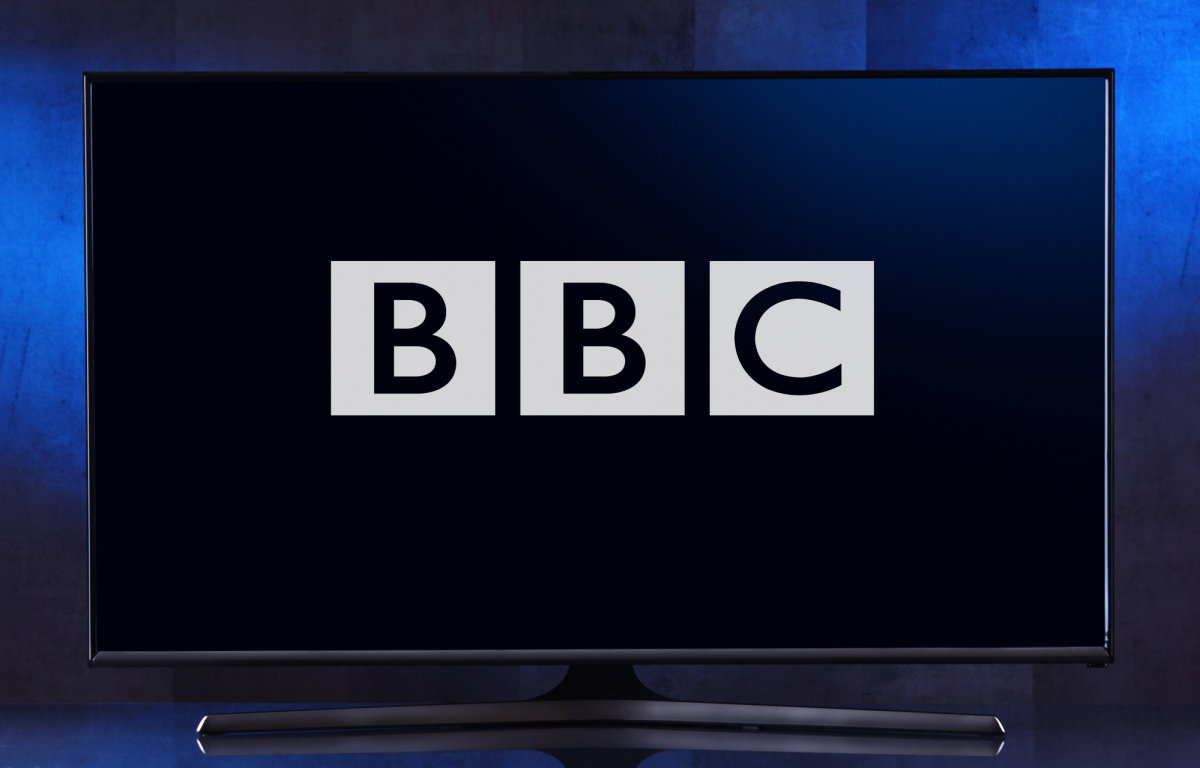
The TV Licence fee, which is used to fund the BBC, currently stands at £159/year. In 2022, the fee was frozen for two years, therefore it is scheduled to go up next year.
Anyone who watches the BBC live, or streams it via BBC iPlayer, has to pay the fee. In addition, if you watch any live TV from any broadcaster (even an international one) – you also need to pay the fee (See our full guide on whether you need to pay the TV Licence fee or not).
Failure to pay the TV licence fee is a criminal offence. If BBC inspection officers suspect you’re evading the fee (when you should be paying it), you could end up paying a fine of up to £1,000 or, in rare cases, even go to jail (if you end up in court – and then continue to refuse to pay the fee and the fines).
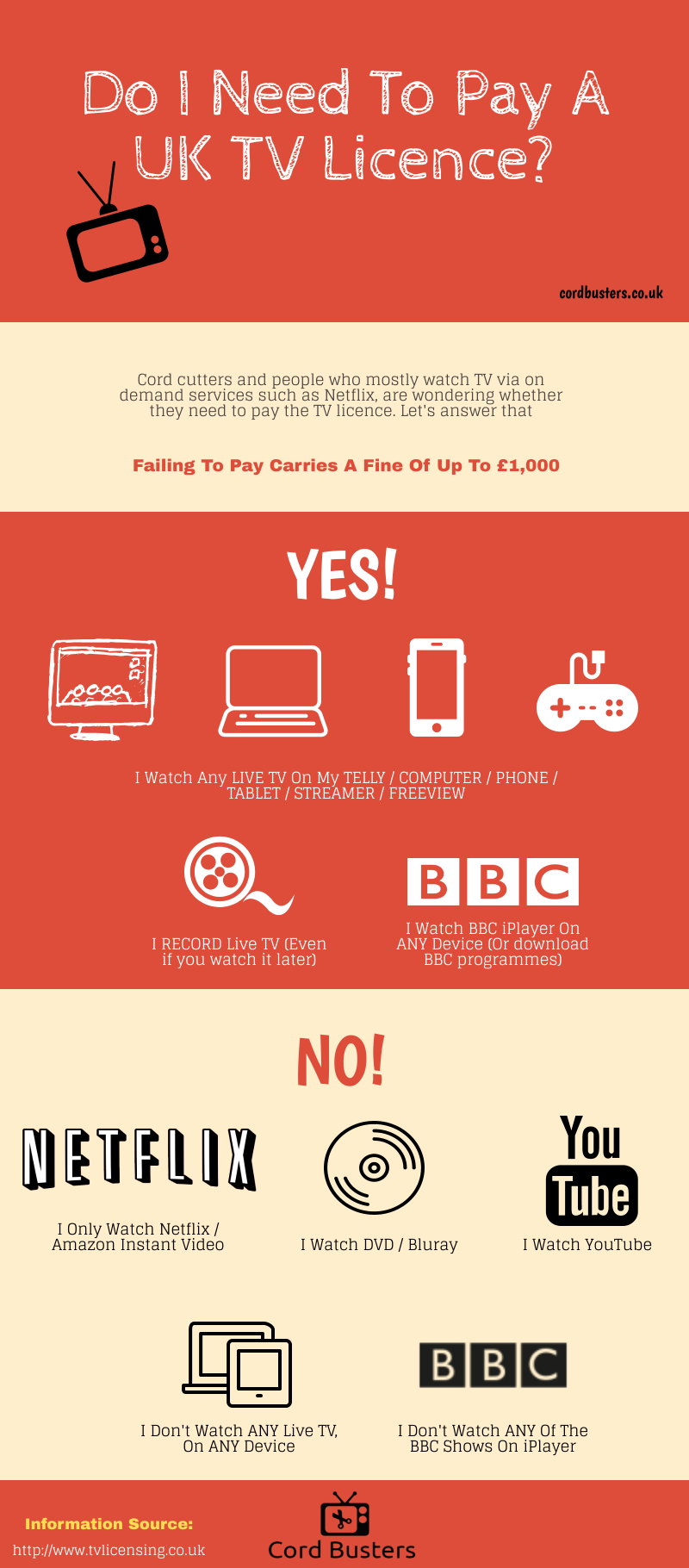
As we previously reported, the BBC has recently announced a 10-point action plan aimed at supporting those struggling to pay the licence fee.
The BBC’s action plan includes measures like extended payment plans, partnerships with debt advice charities, and improved communication to reduce the prosecution risk.
A recent study by the BBC found that 75% of those taken to court for not paying the TV Licence fee were women.
The BBC says this isn’t because of any bias from TV Licensing, but more about circumstances: women are more likely to be home when the licence fee inspectors come knocking, and more often than not, they handle the household bills.
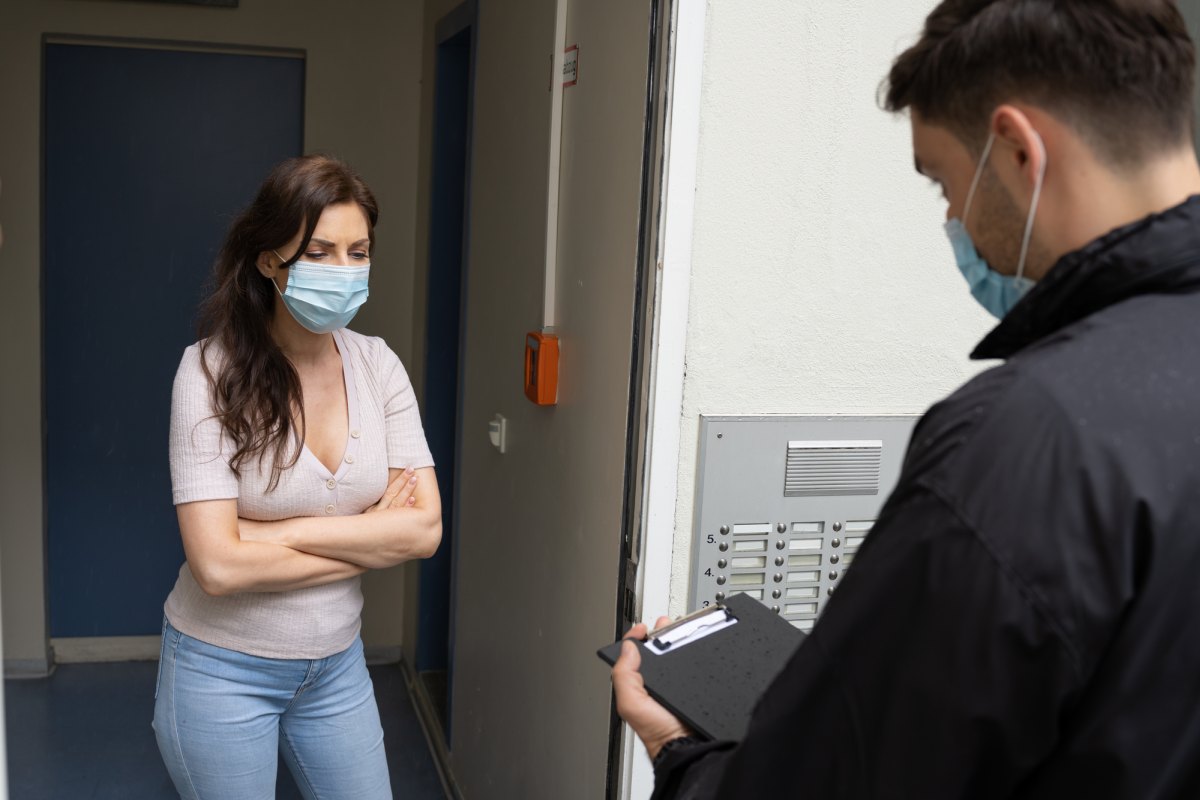
In today’s House of Commons questions session, Stephen Metcalfe, MP for South Basildon and East Thurrock, brought to light the gender disparity in prosecutions for TV licence evasion.
He cited that 18% of all female criminal prosecutions in 2021 were for non-possession of a TV licence, which begs scrutiny. Metcalfe then passionately requested Ms Frazer to join him in reviewing a petition demanding decriminalization, backed by an imposing 250,000 signatures.
Ms Frazer, engaging with the matter head-on, signalled that a change might be in the cards again:
“I am concerned that criminal sanction for TV licence evasion is increasingly disproportionate and unfair in a modern public service broadcasting system.
“Our review of the BBC funding model will consider whether a mandatory licence fee with criminal penalties is still appropriate.”
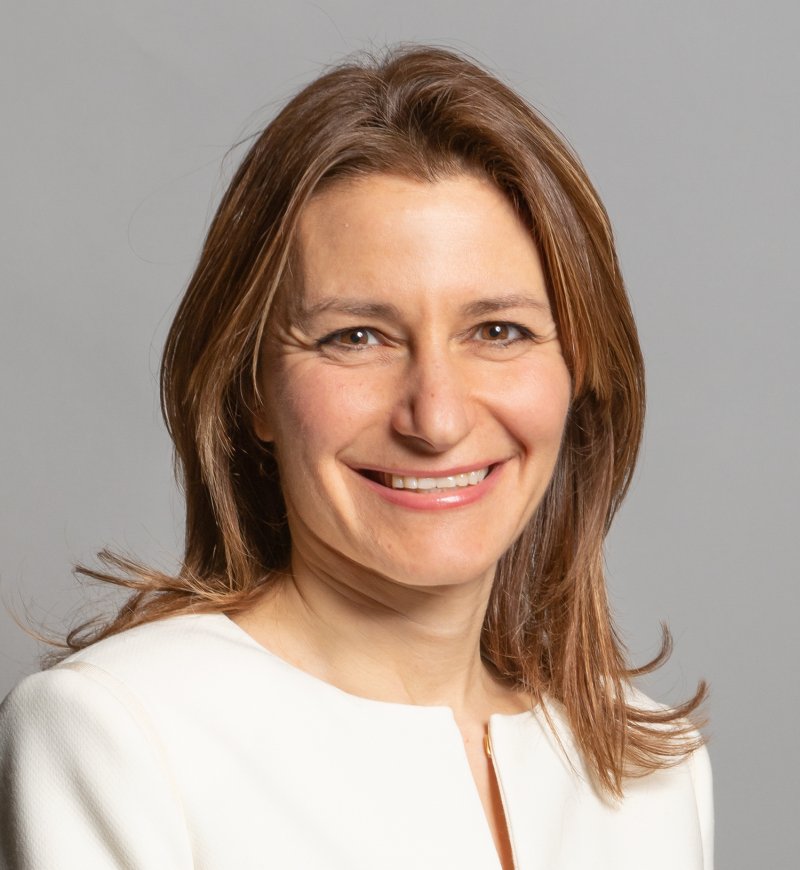
This statement from Ms Frazer signifies a possible shift in the government’s stance on the issue. It also echoes the sentiments expressed by those who believe that the broadcasting landscape has evolved significantly, and therefore warrants a review of policies that were established in a different era.
It’s important to note that this is not the first time the government has tinkered with the idea of revamping the licence fee structure. In early 2021, the government conducted an eight-week consultation to consider decriminalizing the licence fee.
Despite many responses in favour of the change, the government decided to maintain the status quo but signalled that the issue could be revisited.
Former Culture Secretary Oliver Dowden had acknowledged the concerns back then, stating that “a criminal sanction for TV licence evasion in the digital media age feels outdated and wrong”, but added that there were challenges in implementing decriminalization at that time.
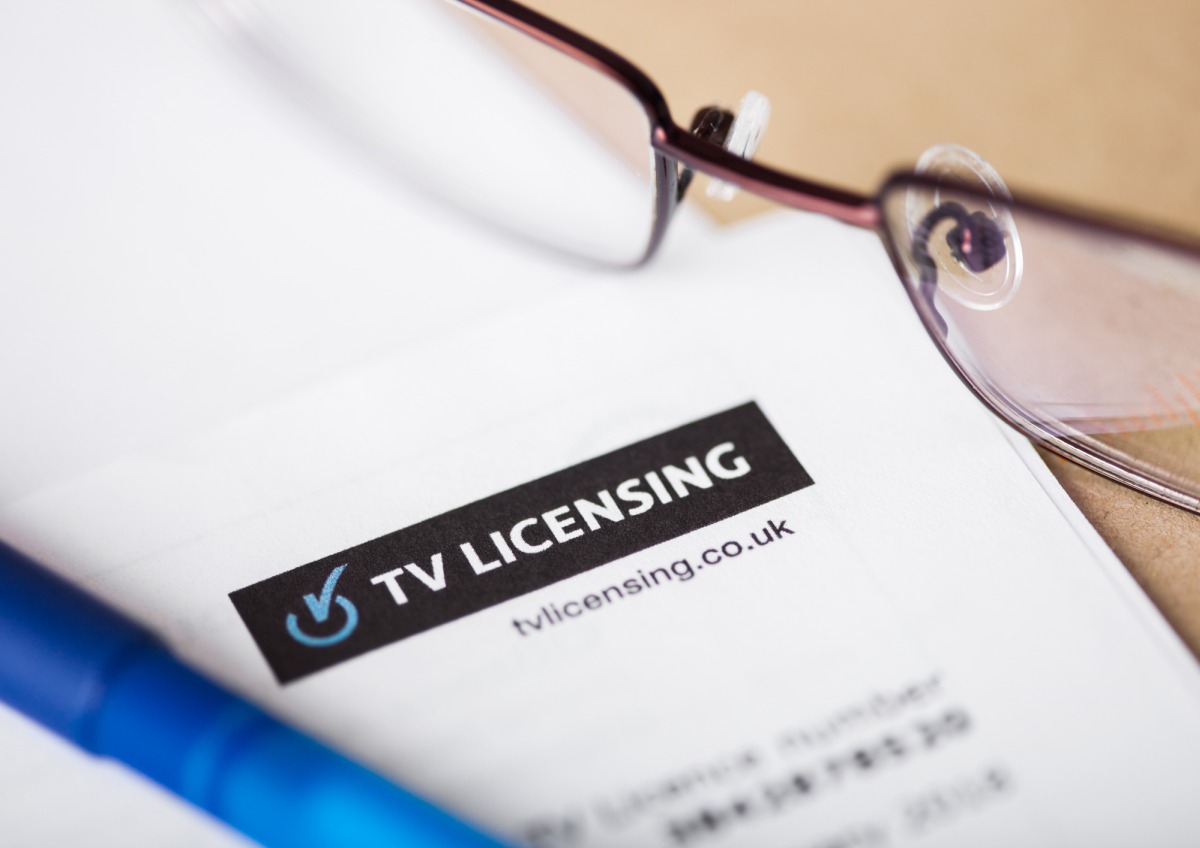
Philip Davies, MP for Shipley, raised a comparison with pay-TV subscriptions: “Does the Secretary of State believe that people should be forced by the criminal law to buy a Sky TV package even if they do not want one?
“If not, why should they be forced to buy a BBC licence fee if they do not want one? Does she not agree that both positions are equally absurd?”
In response, Ms Frazer said that “The Department is considering all possible future funding options to ensure the BBC’s long-term sustainability, because the digital world is indeed changing.”
In the past, a BBC report said that if one was to subscribe to the range of media the BBC currently offers, instead of the current TV Licence fee model, then that theoretical subscription would end up costing £453/year (or £37/month).
As the government continues its review of the BBC funding model, the statements from the Culture Secretary will certainly add fuel to the discussions on the future of the licence fee and its enforcement mechanisms.
It remains to be seen what shape these changes might take and what they will mean for viewers and the BBC alike. This is certainly a space to watch for anyone interested in the future of broadcasting in the UK.
Want more TV news and updates? Subscribe to our free newsletter.
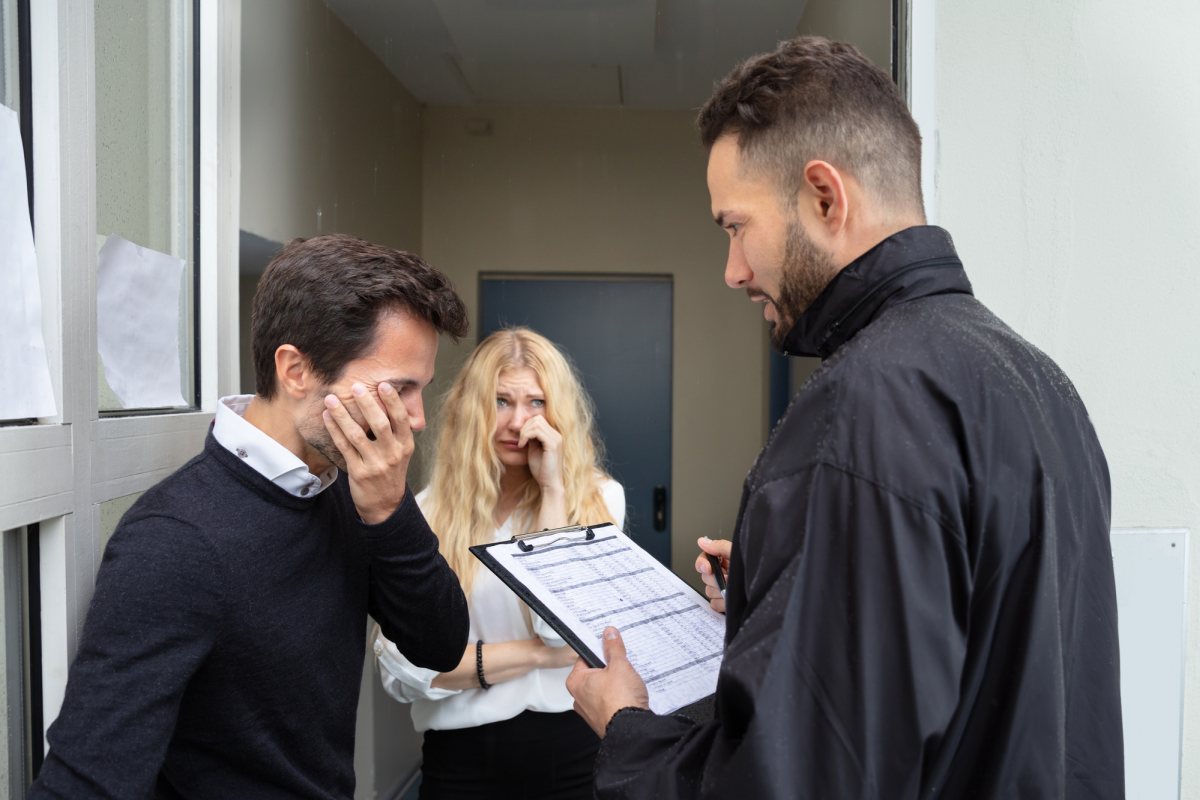
The TV licence isn’t mandatory. If you’re struggling to pay it, stop watching live broadcasts and BBC iPlayer. There’s plenty to see on catch-up TV from itv, ch4 and ch4. Netflix, Amazon, etc you can watch without a licence.
Actually the BBC does not have their own inspectors only an outsourcing company called Capita and they’re employed as salesmen with no legal powers.